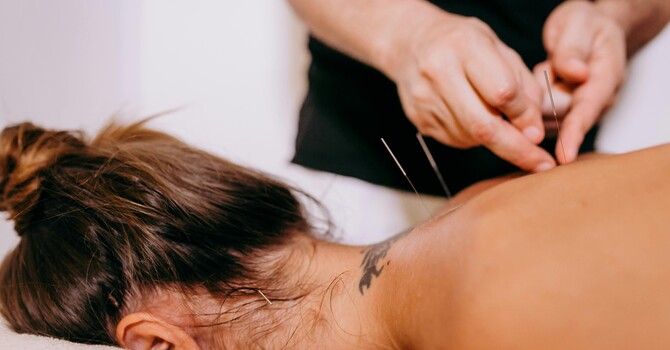
Have you ever been walking down the road or around your house and felt your hips clicking?
Maybe you’ve also heard your hips popping or cracking a little bit. If so, this may be the sign of an underlying problem.
The muscles that are usually responsible for flexing your hips when you walk are known as the hip flexors, one of which is the psoas muscle. The muscle starts at your lower spine and passes down through your pelvis. It attaches to your thigh bone (the femur), which enables it to perform its function of hip flexion.
The psoas muscle can often get tight, especially if you spend long periods of time sitting in an office chair and not getting a lot of exercise or movement in throughout the day. When this muscle is tight, it can cause a range of problems such as a sore lower back, aching glute muscles, and yes, the clicking hips.
When your hip flexors are tight, it can cause your tendons to rub over the bony protrusions in your pelvis. It’s this interaction between your tendons and bones that can cause the audible clicking or grinding noises that appear to come from your hips. Certain injuries or overuse of the tendon can also result in inflammation and the excessive hip clicking. This is a condition that is informally known as dancer's hip because many dancers experience these problems due to overuse of the joints. Pain in the hip area and the constant clicking or grinding is regularly experienced by athletes and runners as well.
A lot of the time, the main treatment for dancer's hip or clicking hips is rest and recovery. While you are resting, it’s a good idea to stretch out the hip flexor muscles to reduce tightness and tension in the area. You may also need to avoid high-intensity activities, such as sports, running, and dancing. Instead, it’s best to stick to low-impact exercises, such as gentle walking, swimming, or yoga. This will reduce tightness and irritation in the hip area, enabling the inflammation to go down and your hip joints to rest.
If you’re experiencing hip pain or clicking, give our office a call. Together, we can take the time to determine the cause of your symptoms and start a treatment plan that will get you back on track!



